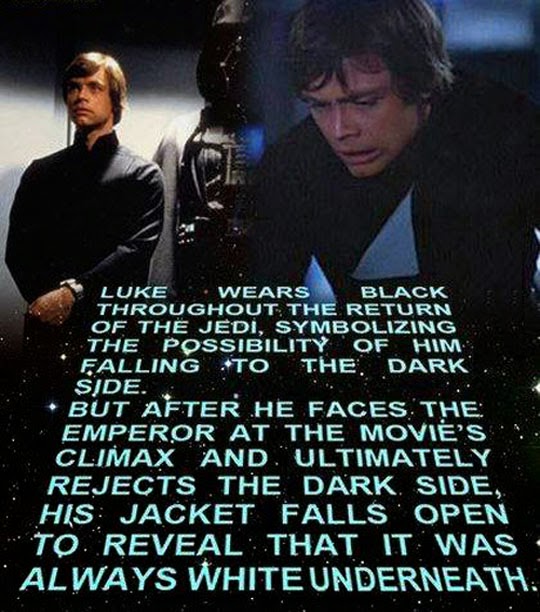
Nope. Not here.
Of course the fallacy of the above hypothetical questions is that my Cheesy Readers know better. The whole point of this blog and of my website is to read classic works of literature, read science fiction and fantasy from different decades, watch movies that everyone should know by heart, both the cinema classics and the cult classics. In other words, take it all in from a general perspective as a means of discovering what our cultural truly is and not what others tell us that it is.
Yes, I go through all those "Year's Best..." lists, and sometimes I find some truly good works, but by the time I read the list, and put that work on my ToBe Read/Watched list, it's already the end of the year. And by the time I actually watch the movie or read the book, it's usually the summer of the next year.
 For instance, Panic in a Suitcase by Yelena Akhtiorskaya. I've been hearing about it all year, it's made many "Best of..." lists, it has garnered multiple positive reviews, and has a really cool title, so I bought a copy. Will I be reading it in 2014? Nope. Probably more like spring or summer 2015. True, true, I will never be able to say that I read such-and-such before it was popular, but as my Cheesy Readers know -- I don't care. I still have ten-year-old Jonathan Franzen works to catch up on (although I do highly recommend Freedom).
For instance, Panic in a Suitcase by Yelena Akhtiorskaya. I've been hearing about it all year, it's made many "Best of..." lists, it has garnered multiple positive reviews, and has a really cool title, so I bought a copy. Will I be reading it in 2014? Nope. Probably more like spring or summer 2015. True, true, I will never be able to say that I read such-and-such before it was popular, but as my Cheesy Readers know -- I don't care. I still have ten-year-old Jonathan Franzen works to catch up on (although I do highly recommend Freedom).The same is true of video games. The hottest video games I'll sometimes buy within a week of their release will sit on my shelf until the winter rolls around, at which time, all the cool kids will have moved on to the next big release, and I'm trolling the internet for YouTube videos on how to defeat various levels of six month old titles (think Arkham City, Injustice: Gods Among Us, Halo 4, and on and on).
I still enjoy every moment of this, which is, after all, the whole point.
Until Next Time,
Bestly Yours,
Michael

















